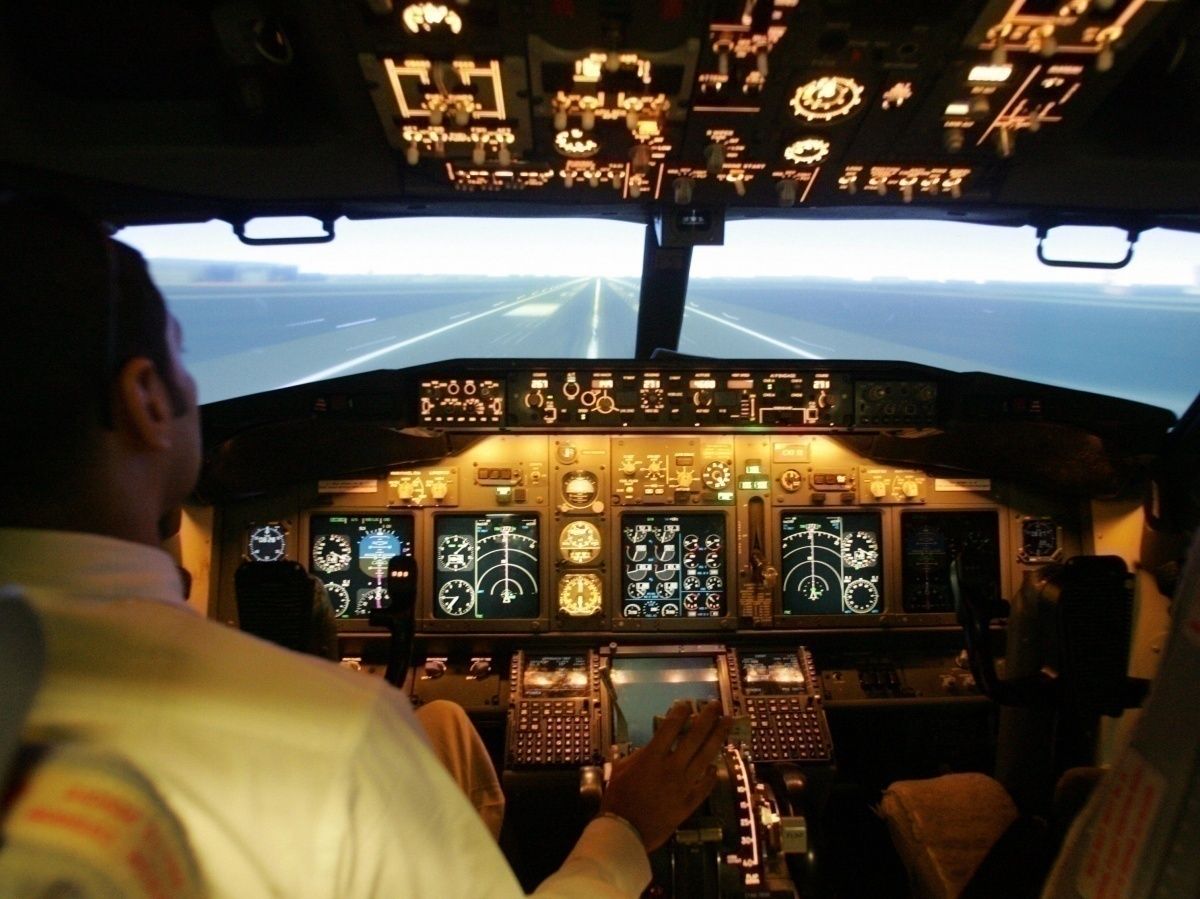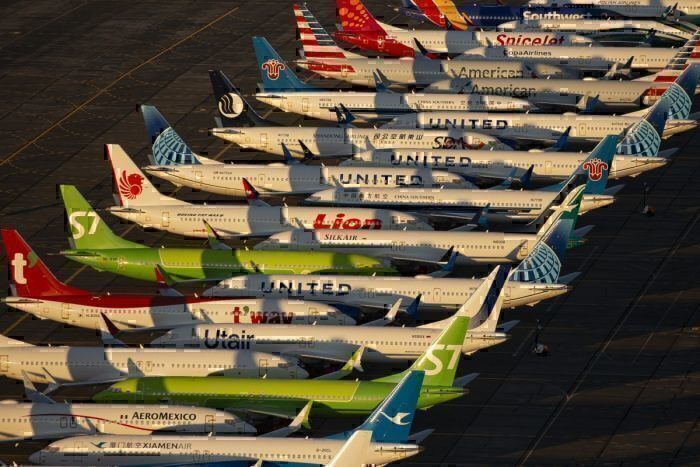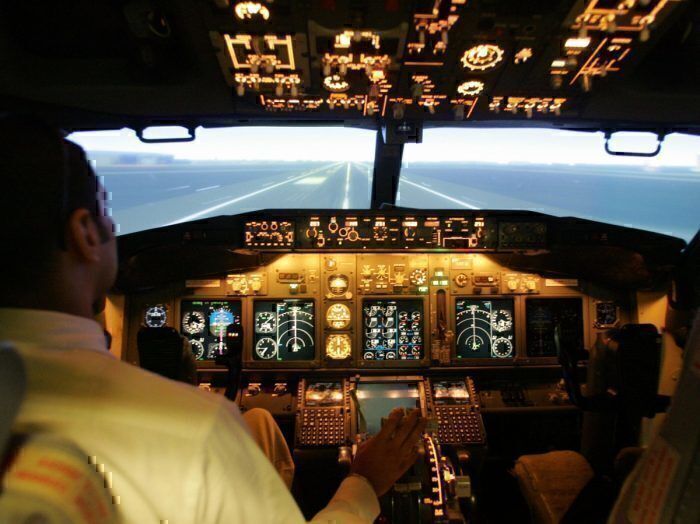
Final decision made by the FAA
We immediately reached out to Boeing for comment on this news. A spokesperson has confirmed that Boeing is recommending 737 MAX simulator training in addition to computer-based training for all MAX pilots prior to return to service of the 737 MAX. A statement reads:"This recommendation takes into account our unstinting commitment to the safe return of service as well as changes to the airplane and test results. Final determination will be established by the regulators." - Boeing spokesperson
While the final decision to require simulator training rests with the United States Federal Aviation Administration (FAA), Boeing has informed the FAA Administrator, Stephen Dickson, of its position favoring simulator training. As mentioned in the Boeing statement, the final decision as to whether or not simulator training is required will be made by the FAA.
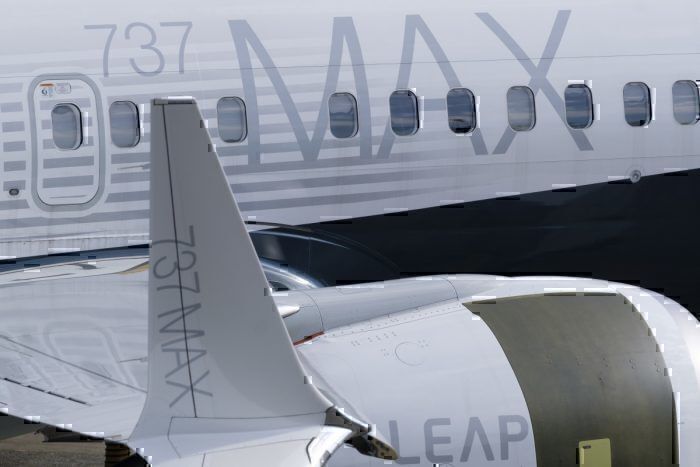
Designed to avoid simulator training
By now it is well-known that the MAX was designed in such a way that pilots already trained on the Boeing 737 would not need additional training in simulators. The MAX is the latest iteration of the 737 - the first model being released in the 1960s.
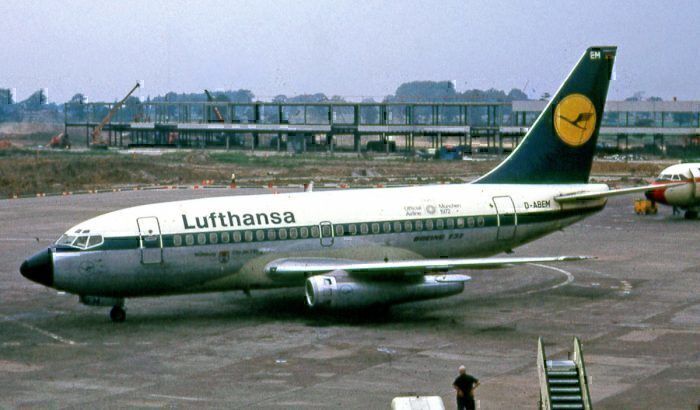
With a design similar enough to its predecessor, the 737 NG, Boeing convinced regulators that pilots did not need new training on simulators. With airlines all over the world flying older Boeing 737s, this was a massive selling point. Airlines could save time and money as their pilots could avoid training on simulators. Instead, pilots could take a one-hour iPad lesson informing them of the new features of the MAX.
It is also well-known by now that Boeing added advanced software to compensate for weight and balance issues related to the 737 MAX's larger engines and their forward position. The software, known as MCAS, was a factor in the two crashes that led to the March 2019 grounding.
We asked several airlines that operate the 737 MAX for comment on this story. Here's what American Airlines, United Airlines, and Ryanair had to say:
"American continues to work with the FAA and Boeing throughout the recertification process." -American Airlines
"While we have made clear that requiring simulator training for our pilots has been under consideration at United, we support the ongoing process and will continue to await the specific training requirements from the FAA." - United Airlines
“As one of the few airlines that has 2 Boeing 737-Max full flight simulators for pilot training and with an additional Max simulator expected to be delivered in 2020-2021, Ryanair is in a good position to train its pilots to the highest standard ahead of the fleet returning to service - once the aircraft is certified as fit to fly by the authorities.” - Ryanair
United also added that it currently has one operational MAX simulator in place, as well as three MAX simulators on order.
Conclusion
The FAA is very likely to follow Boeing's advice and recommendation. However, the regulator still has testing of its own to complete before lifting the ban. Furthermore, civil aviation authorities around the world may not blindly follow the FAA. They may want to make their own decisions regarding pilot requirements in their respective countries.
“Safety is Boeing’s top priority...Public, customer and stakeholder confidence in the 737 MAX is critically important to us and with that focus Boeing has decided to recommend MAX simulator training combined with computer-based training for all pilots prior to returning the MAX safely to service.” -Interim Boeing CEO Greg Smith.
Obviously, simulator training for this aircraft completely defeats the purpose and design of the MAX. According to the New York Times and its source, there are currently 34 certified MAX flight simulators worldwide. This will most certainly add to delays in getting the MAX back into commercial service. Obviously, thousands of pilots from airlines throughout the world will have to run through this new training.
However, these same airlines have invested billions in these new aircraft. Despite what was originally advertised, Boeing's customers will simply need to get their pilots trained up if they are to utilize their expensive new jets.
What's your reaction to this news? Do you think airlines all around the world will demand that Boeing compensate them for the cost of additional training? Let us know in the comments!

